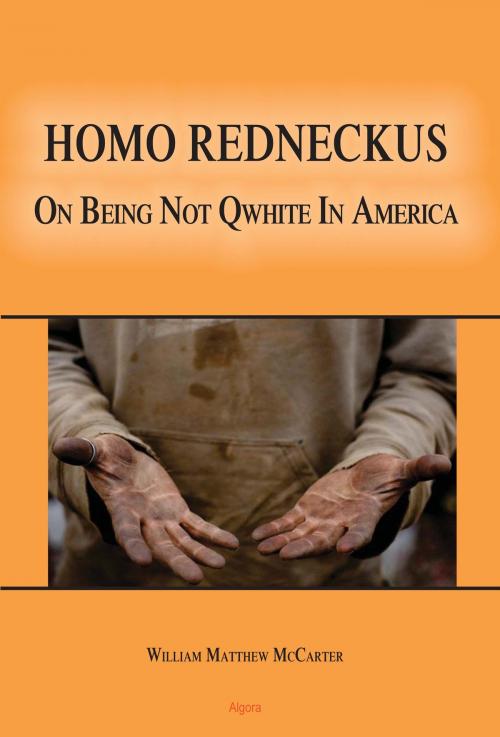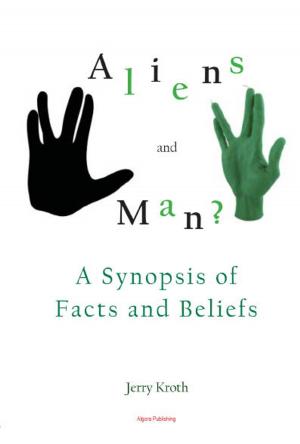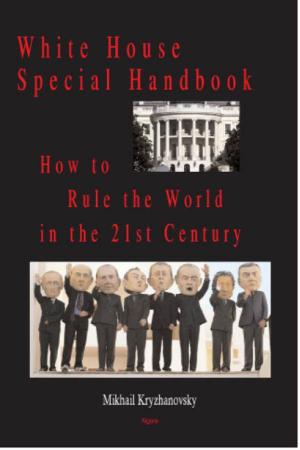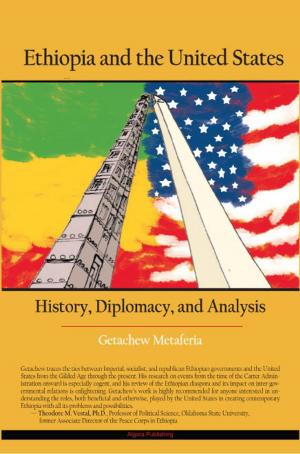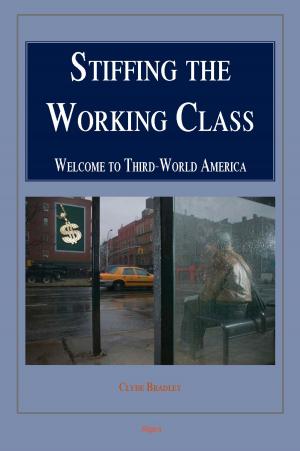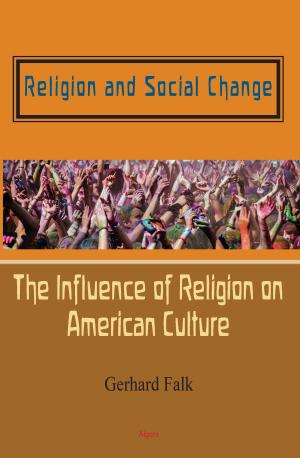Homo Redneckus
On Being Not Qwhite In America
Nonfiction, Social & Cultural Studies, Social Science, Cultural Studies, Minority Studies| Author: | William Matthew McCarter | ISBN: | 9780875869230 |
| Publisher: | Algora Publishing | Publication: | December 15, 2009 |
| Imprint: | Algora Publishing | Language: | English |
| Author: | William Matthew McCarter |
| ISBN: | 9780875869230 |
| Publisher: | Algora Publishing |
| Publication: | December 15, 2009 |
| Imprint: | Algora Publishing |
| Language: | English |
Discussing questions of race and class in America, we often skip those who are white but are treated as a different kind of "other."
A professor of English and literature, Dr. William Matthew McCarter explores the realities of being "Not Qwhite in America" from a historical and literary perspective. He interweaves colloquial storytelling with advanced critical strategies in a unique and entertaining fashion. This in-depth analysis is perfect for scholars and laypersons interested in the questions of race and class in the American experience.
Starting with his own experience of prejudice and discrimination, and tracing that experience through his own family history, the author provides a framework for others who want to understand the experience of being "othered." The breadth of knowledge he relies on reflects his education in cultural studies, literature, and theory.
This book is perfect as a text in college courses, supplementary reading for scholars, or people wanting to dip their toes into a topic that has thus far not gotten much attention. Dr. McCarter welcomes readers to learn more about the cultural studies perspective on race and see how it can be applied to examining their own experiences.
A professor of English and literature, Dr. William Matthew McCarter explores the realities of being "Not Qwhite in America" from a historical and literary perspective. He interweaves colloquial storytelling with advanced critical strategies in a unique and entertaining fashion. This in-depth analysis is perfect for scholars and laypersons interested in the questions of race and class in the American experience.
Starting with his own experience of prejudice and discrimination, and tracing that experience through his own family history, the author provides a framework for others who want to understand the experience of being "othered." The breadth of knowledge he relies on reflects his education in cultural studies, literature, and theory.
This book is perfect as a text in college courses, supplementary reading for scholars, or people wanting to dip their toes into a topic that has thus far not gotten much attention. Dr. McCarter welcomes readers to learn more about the cultural studies perspective on race and see how it can be applied to examining their own experiences.
Discussing questions of race and class in America, we often skip those who are white but are treated as a different kind of "other."
A professor of English and literature, Dr. William Matthew McCarter explores the realities of being "Not Qwhite in America" from a historical and literary perspective. He interweaves colloquial storytelling with advanced critical strategies in a unique and entertaining fashion. This in-depth analysis is perfect for scholars and laypersons interested in the questions of race and class in the American experience.
Starting with his own experience of prejudice and discrimination, and tracing that experience through his own family history, the author provides a framework for others who want to understand the experience of being "othered." The breadth of knowledge he relies on reflects his education in cultural studies, literature, and theory.
This book is perfect as a text in college courses, supplementary reading for scholars, or people wanting to dip their toes into a topic that has thus far not gotten much attention. Dr. McCarter welcomes readers to learn more about the cultural studies perspective on race and see how it can be applied to examining their own experiences.
A professor of English and literature, Dr. William Matthew McCarter explores the realities of being "Not Qwhite in America" from a historical and literary perspective. He interweaves colloquial storytelling with advanced critical strategies in a unique and entertaining fashion. This in-depth analysis is perfect for scholars and laypersons interested in the questions of race and class in the American experience.
Starting with his own experience of prejudice and discrimination, and tracing that experience through his own family history, the author provides a framework for others who want to understand the experience of being "othered." The breadth of knowledge he relies on reflects his education in cultural studies, literature, and theory.
This book is perfect as a text in college courses, supplementary reading for scholars, or people wanting to dip their toes into a topic that has thus far not gotten much attention. Dr. McCarter welcomes readers to learn more about the cultural studies perspective on race and see how it can be applied to examining their own experiences.
